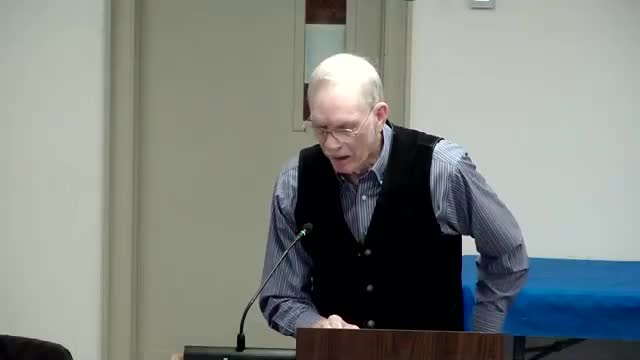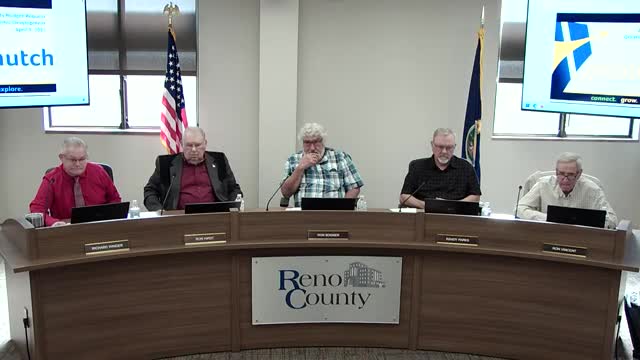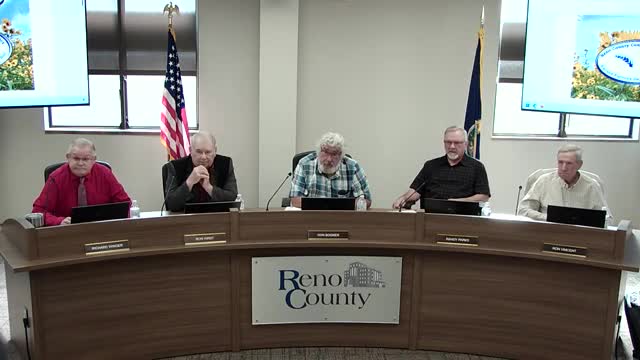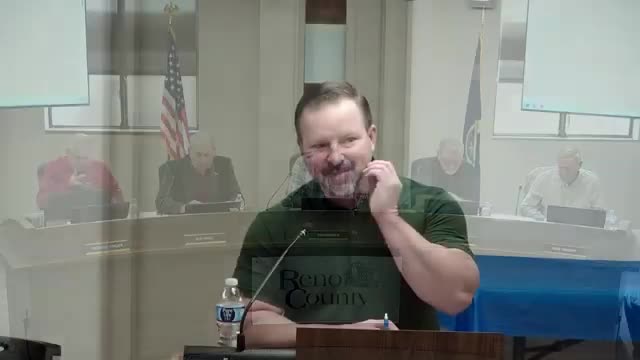Article not found
This article is no longer available. But don't worry—we've gathered other articles that discuss the same topic.

Resident presents petition urging flood‑mitigation work along Little Arkansas River at Buehler Haven Road

County hears funding requests from Greater Hutch and StartUp Hutch; Greater Hutch seeks modest increase

Conservation district outlines programs, says $50,000 county allocation leverages larger state and federal funding

